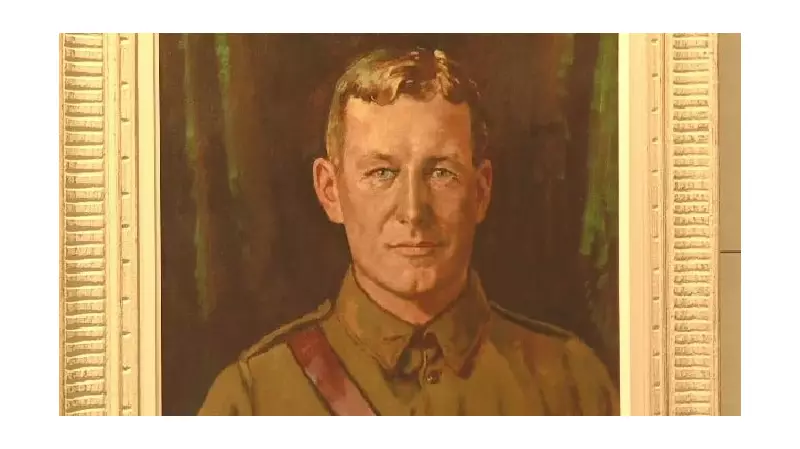
In the blood-soaked fields of Belgium during the spring of 1915, a Canadian doctor and soldier penned what would become perhaps the most famous war poem ever written. But John McCrae's legacy extends far beyond the 15 lines of "In Flanders Fields" that would immortalize the poppy as Canada's symbol of remembrance.
The Man Behind the Poem
Born in Guelph, Ontario, John McCrae was far more than just a wartime poet. He was a distinguished physician, professor, and artillery officer whose life reflected the very values Canadians hold dear. Before the war, McCrae had already established himself as a respected medical professional, having served in the South African War and later teaching at prestigious institutions including McGill University.
The Birth of an Iconic Poem
The story of how "In Flanders Fields" came to be is as poignant as the poem itself. Following the death of his friend and former student, Lieutenant Alexis Helmer, during the Second Battle of Ypres, McCrae sat in the back of an ambulance and channeled his grief into words that would echo through generations.
"The poem was born of fire and blood during the most punishing battle Canadians had ever faced," explains Dr. James Kerr, a historian specializing in Canadian military heritage. "McCrae initially discarded the poem, but a fellow officer recognized its power and saved it from oblivion."
From Obscurity to National Symbol
What many Canadians don't realize is how quickly McCrae's poem captured the nation's heart. First published anonymously in Punch magazine in December 1915, its authorship was soon revealed, and the poem spread like wildfire across the British Empire and beyond.
The poem's impact was immediate and profound:
- It was used to promote Victory Bonds during the war
- It inspired the adoption of the poppy as the flower of remembrance
- It became a rallying cry for recruitment efforts
- It established Canada's distinct voice on the world stage
A Lasting Canadian Legacy
Tragically, McCrae wouldn't live to see the full impact of his work. He died of pneumonia and meningitis in January 1918 while still serving overseas. Yet his words continued to shape Canadian identity long after his passing.
Today, McCrae's influence can be seen throughout Canadian culture. From the poppies worn every November to the countless schools, streets, and public buildings bearing his name, his legacy remains woven into the fabric of the nation.
Preserving History in Guelph
The city of Guelph has embraced its famous son with pride. The John McCrae Birthplace stands as a National Historic Site, offering visitors a glimpse into the early life of the man who would give Canada one of its most enduring symbols.
"McCrae's poem did more than memorialize the fallen," notes Sarah Thompson, curator at the Guelph Museums. "It gave Canadians a language for grief and remembrance that continues to resonate more than a century later."
As new generations discover the power of McCrae's words, the legacy of the doctor from Guelph continues to remind Canadians of the cost of freedom and the importance of remembrance—proving that some words, written in moments of profound sorrow, can indeed achieve immortality.





